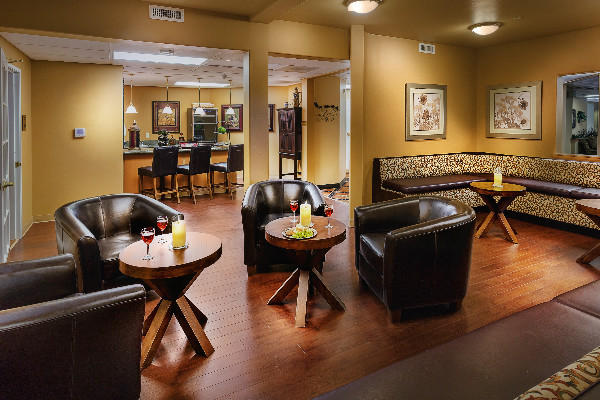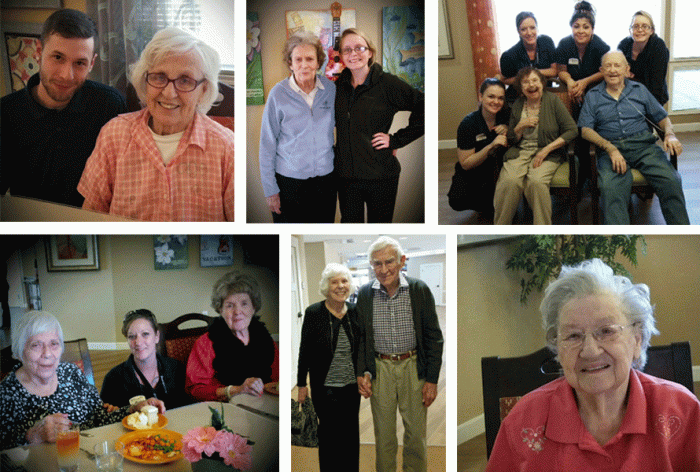
The Alzheimer’s Association has some effective tips for communicating with a loved one suffering from Alzheimer’s or another form of dementia. As the ability to find the right words or to speak at all is one of the effects of the devastating disease, it is helpful to learn some tips to make the communication process easier.
Typically in the early stages of the disease, individuals repeat themselves often and can easily lose their train of thought. They may start to avoid speaking and have trouble following a conversation, and may even use gestures rather than words. Experts suggest at this stage that you make sure to address the person directly, don’t speak through a caregiver, and allow them plenty of time to answer you back.
The middle stages of the disease can signal lots of changes and usually lasts the longest. If you wish to speak with the individual, make sure to do it in a quiet space without any distractions. Your questions should be short and only require a simple yes or no answer, and again, look directly at the person. In addition you can demonstrate the task or give clear, step-by-step instructions. Also use a soft voice and calm demeanor, and above all else, be patient and loving.
In the late stages of the disease, which can last from a few weeks to several years, the Alzheimer’s Association suggests using nonverbal forms of communication. When entering the person’s presence, always identify yourself and use the sound of your voice to convey the meaning of your words. Experts recommend using touch, sight, sound, smell and taste to communicate, and as always, treat the individual with respect and dignity.
As one of the top assisted living companies in the nation, MorningStar’s goal is to create communities that are a true “home” for our residents. In addition to assisted living, MorningStar of Boulder’s Reflections Neighborhood provides compassionate, loving memory care to those with Alzheimer’s and other types of dementia.
The unique mission statement of MorningStar of Boulder, “to honor, to serve, to invest”, sets us apart from other assisted living companies. Our foundation is built upon honoring God, valuing all seniors, and investing in staff with a felt calling to serve. Dedicated to creating a real home for residents within a beautiful setting, we encourage you to see for yourself the best assisted living in Boulder, Colorado.
Source: alz.org/help-support/caregiving/daily-care/communications








